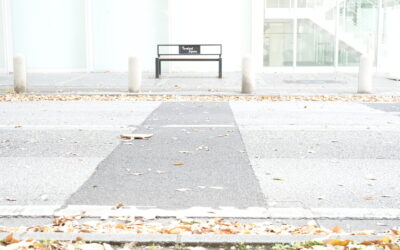Japan’s property market has significantly shifted in recent years, especially concerning vacant houses. With the government’s recent announcement about a substantial increase in property tax for these empty homes, many property owners and potential investors are left with questions. Let’s delve into this topic to understand the implications better.
—
The Sixfold Increase: Is it True?
Yes, it’s true. Japan is taking stringent measures to address its growing issue of vacant houses. One of these measures is the significant hike in property tax for empty homes. By the end of 2023, the government plans to amend the bill, with the new law coming into effect in 2024. This law will increase the property tax for vacant houses to six times its current rate.
—
Why the Increase?
The primary reason behind this drastic measure is to encourage property owners to make better use of their vacant properties. The new tax rate incentivizes owners to rent out, sell, or repurpose their empty homes. The goal is to reduce the number of vacant houses scattered across the country.
—
When Does the Increase Apply?
It’s essential to note that not all vacant houses will immediately face this tax hike. The increased property tax will apply when a house is designated as a “specified empty house” or a “vacant house with defective management.” This designation comes after a recommendation from a municipality.
—
The Bigger Picture
Japan currently estimates about 8 million vacant houses, which is rising. The government’s move to increase property tax is a step towards addressing this growing concern. By making it financially less appealing to leave houses empty, the hope is that more homes will be occupied, sold, or repurposed, leading to revitalized neighborhoods and better-utilized spaces.
—
Conclusion
If you own a vacant property in Japan, now is the time to evaluate your options. Whether you rent, sell, or repurpose, taking action can help you avoid the impending tax increase. And for those considering investing in the Japanese property market, understanding these changes is crucial for making informed decisions.
Do you have more questions about Japan’s property tax changes or the real estate market in general? Drop your queries in the comments below, and let’s discuss!




